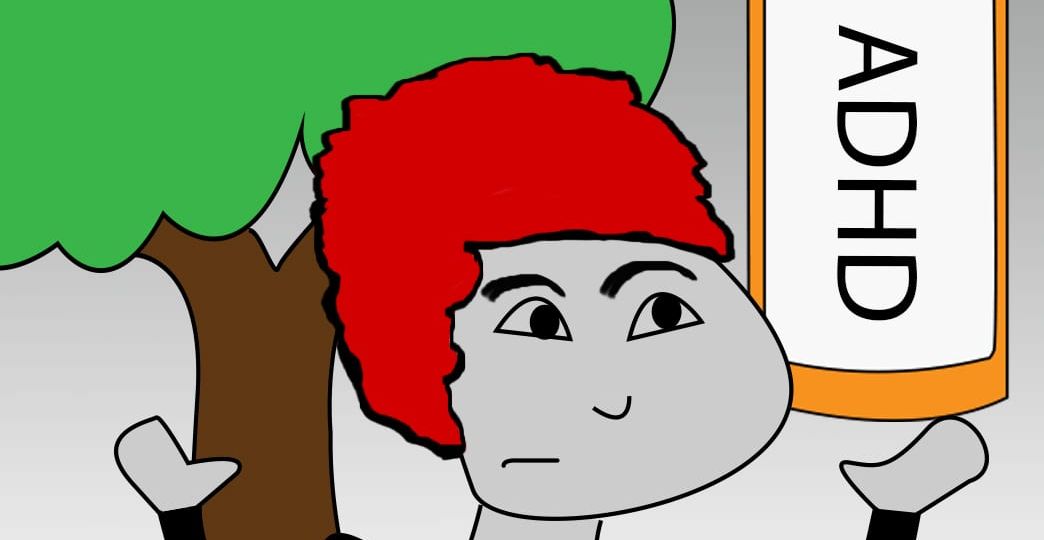
When I was young, I was a pretty successful student. Around fifth grade, however, I began to struggle. I couldn’t concentrate on anything for more than twenty minutes. Hypochondriac that I am, I was convinced I had ADHD. My parents, whether they agreed or not, refused to get me checked out, fearing that a diagnosis might lead me to make excuses for not doing my very best. Having discussed this choice with many of my friends, I have heard several different reactions, ranging from “wow, that is so smart” to “that is incredibly irresponsible.”
I have always been a proponent of choosing natural solutions over medication and chemical intervention. Just ask anyone who has ever encouraged me to “just take an Advil.” When it comes to pain, I’ve always felt that I should feel my pain to its fullest so I always know exactly what my body is trying to tell me. In many ways I feel that mental health and neurological disorders should be dealt with in the same way, at least whenever possible.
Recent neurological research has proven that a diagnosis of ADHD refers to someone whose brain is wired differently than are the brains of general population. People who are diagnosed with the disorder have reduced functionality in the reward centers of their brains. Because of this, they must seek more adventure and novelty to feel the same excitement as those without the disorder. But who is to say that this is a problem?
There are many differences between how people’s brains and bodies function. What feels cold to me might feel rather warm to someone else. They may be able to taste spices that I myself just cannot detect. I do not think that necessarily makes me disordered, and I am certainly not going to medicate myself for it. The same goes for ADHD and the concept of medicating it.
If I can’t taste as well as others, I may recognize that I probably should not choose a career in cooking, as there are others who are predisposed to do the job better. Those who have ADHD can choose to live their lives in such a way that works with their “disorder” instead of against it. They may be far more successful journalists, travel writers, military employees or bomb squad technicians than those who do not have the same affliction, because they thrive on the excitement and novelty of those careers.
That is not to say I think having a disorder such as ADHD should dictate one’s life choices. If those with ADHD want to work behind a desk in accounting or administration and Adderall or Ritalin will help them achieve those life goals, that may be the right choice for them. Just as there are ways to relieve some symptoms of anxiety or depression without medication, there are ways to relieve some symptoms of ADHD. But nobody should be told that they have to take medicine to be considered “normal.” If that is the way their brain is wired, then they should be able to choose whether they want to chemically change that to fit in with the majority or embrace it for the unique abilities it provides them.
Given the rise in prevalence of the disorder, people should be able to choose, and widespread institutions should make some effort to accommodate that. High schools have advanced classes for students who are more academically adept and others for students who require a bit more attention. As I see it, it only makes sense to design additional classes for students who have more energy and interest in novelty.
ADHD shouldn’t be stigmatized, or even necessarily classified as a disorder. It should be embraced, and just as those who are challenged with an excess of anxiety are given the option to “treat” their unique way of dealing with the world, those with an excess of energy should be given options as well.
Elena Christensen ’15 christeg@stolaf.edu is from Cottage Grove, Minn. She majors in English with concentrations in Nordic, Film and Media Studies.
Graphics Credit: ETHAN BOOTE/MANITOU MESSENGER

